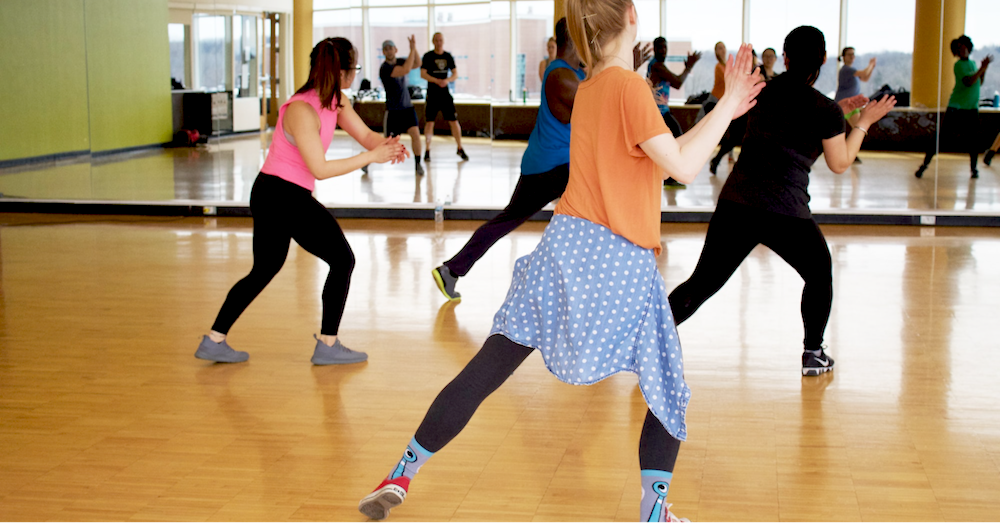|
We have all heard the saying “a body in motion tends to stay in motion,” also known as Sir Isaac Newton’s First Law of Motion, the law of inertia. It is also true that a body in motion tends to keep our brain in motion. It has been shown in recent studies that regular exercise may be one of the single most important things you can do to reduce your risk of dementia. PHysical Exercise and Cognitive DisordersNow, there is not yet proof that exercise can reverse dementia or other cognitive impairment. However, there is evidence that we can all benefit from more exercise, particularly when it comes to brain health. Unlike other organs in the body, our brain is not designed to just wither away or lose its ability to function properly. By understanding simple changes we can make immediately to improve our brain health and keep dementia and Alzheimer’s disease at bay, we can live healthier lives with our memory and cognition intact.
The statistics on cognitive disorders and Alzheimer’s disease in particular are pretty staggering in the U.S.According to the Alzheimer’s Association approximately 5.8 million people are diagnosed with Alzheimer’s disease. That is 10% in those over the age of 65 and 32% over the age of 85. It is the 6th leading cause of death in the U.S and, since 2018, the instances of death from Alzheimer’s has grown by 146%. More than 2/3 of the deaths are in women and the number of people with Alzheimer’s by the year 2050 is expected to reach 13.8 million. My Journey with Brain Fog and MovementAfter being diagnosed with Celiac disease in 2000, I finally figured out what had been causing me to experience serious issues with “brain fog.” Brain fog is not a medical condition, but it does refer to a feeling that I used to experience—confused, disorganized, and unable to concentrate. It is a symptom that occurs in patients with Celiac disease, Lupus, and several other autoimmune disorders. Once I began to follow a strict gluten-free diet, my brain fog improved but never seemed to disappear completely. It wasn’t until I began to follow a very strict fitness routine, one that included focused aerobic exercise, as well as my dietary changes that my brain fog disappeared. As part of my daily routine and my overall wellness plan, I make sure that I get at least 30 minutes of exercise every day and I do as many things as I possibly can to engage and challenge my brain to ensure that I have the best opportunity for long-term brain health and a reduced risk for developing dementia. How Does Exercise Protect the Brain?A recent study was conducted in older adults with memory problems who were at higher risk of developing Alzheimer’s to determine if exercise would improve or prevent neurocognitive brain function. Study investigators were also looking into whether exercise helped reduce amyloid buildup and brain atrophy, both of which are biomarkers of Alzheimer’s. This study included participants who were 55 years and older with mild cognitive impairment. The intervention group performed exercise for approximately 30 minutes, 4-5 times per week. Results showed that aerobic exercise reduced atrophy in the hippocampus and may reduce the harmful effects of amyloid plaques on neurons. Here are some other ways that exercise can protect the brain:
– Dr. Sanjay Gupta New Link Between Exercise and Brain HealthAnother recent study at the Federal University of Rio de Janeiro reveals a link between exercise and a hormone called irisin. Fernana de Felice and colleagues discovered that irisin, a recently discovered and isolated hormone, is generated by skeletal muscle tissue and is carried around the body in the bloodstream. The study showed that people with Alzheimer’s had lower levels of this hormone compared to healthy individuals. Tests were conducted in mice and when irisin was eliminated, the team was able to induce learning and memory deficits. When irisin was restored in the mice, the deficits were reversed. The outcome of the test showed that those who have dementia or are at high risk of developing dementia and are unable to exercise on a regular basis, may eventually be given drugs to target and stimulate irisin. “Physical fitness is not only one of the most important keys to a healthy body, it is the basis of dynamic and creative intellectual activity.” – JFK What Can I do Now to Help My Brain Be Healthy Later?
How Will You Take Care of Your Brain?You can check out my Fabulously Fit February series on Facebook @integrativewellnessstudio and on Instagram for exercise tips, inspiration and motivation.
A board-certified health coach can help you to create your very own personalized brain health plan. You can connect with Heidi or any of our other amazing NBC-HWC coaches through our directory.
0 Comments
Leave a Reply. |
take control of your health.Connect with a board certified coach to help you succeed with health changes. COACHES:
|





